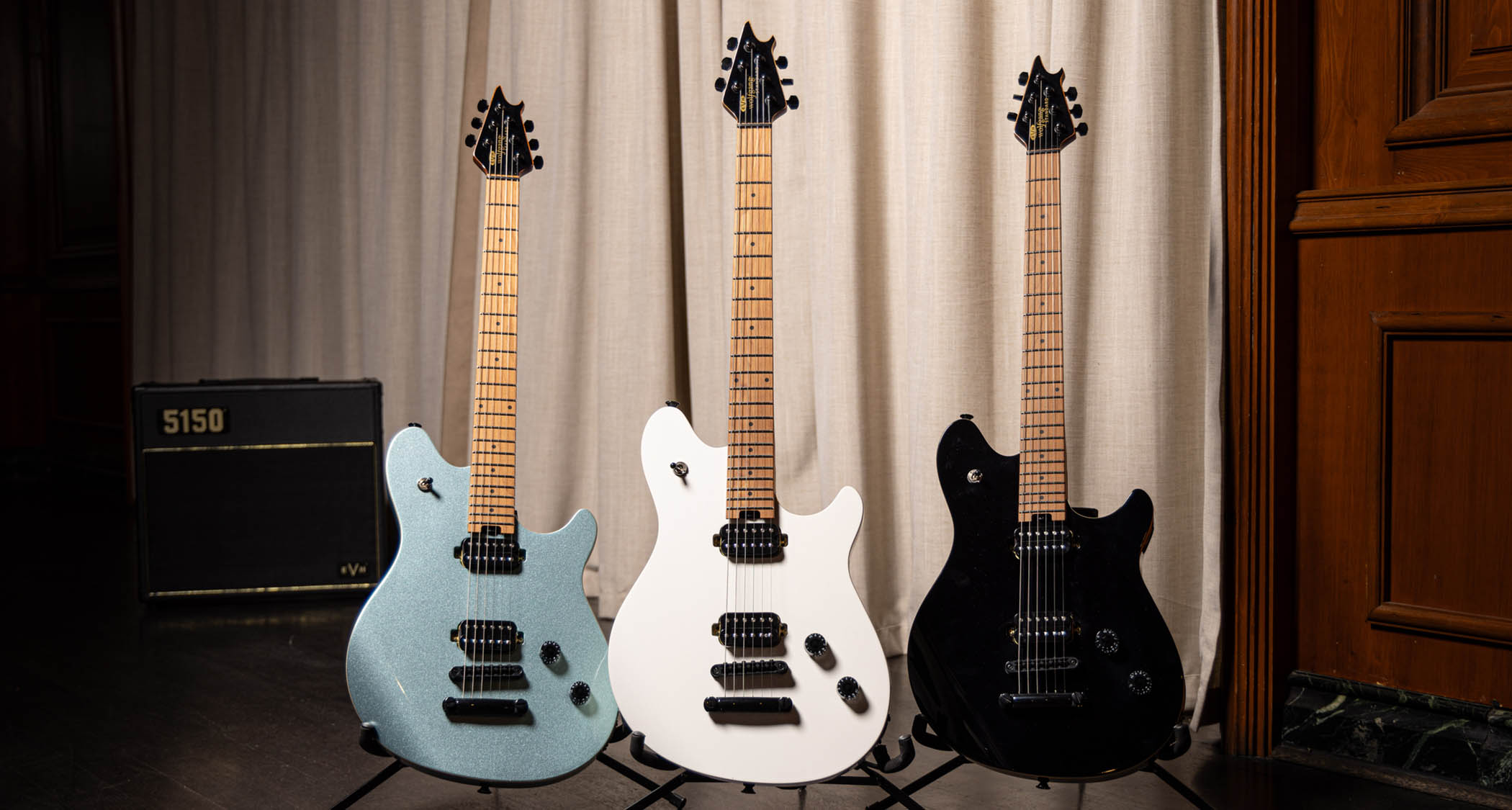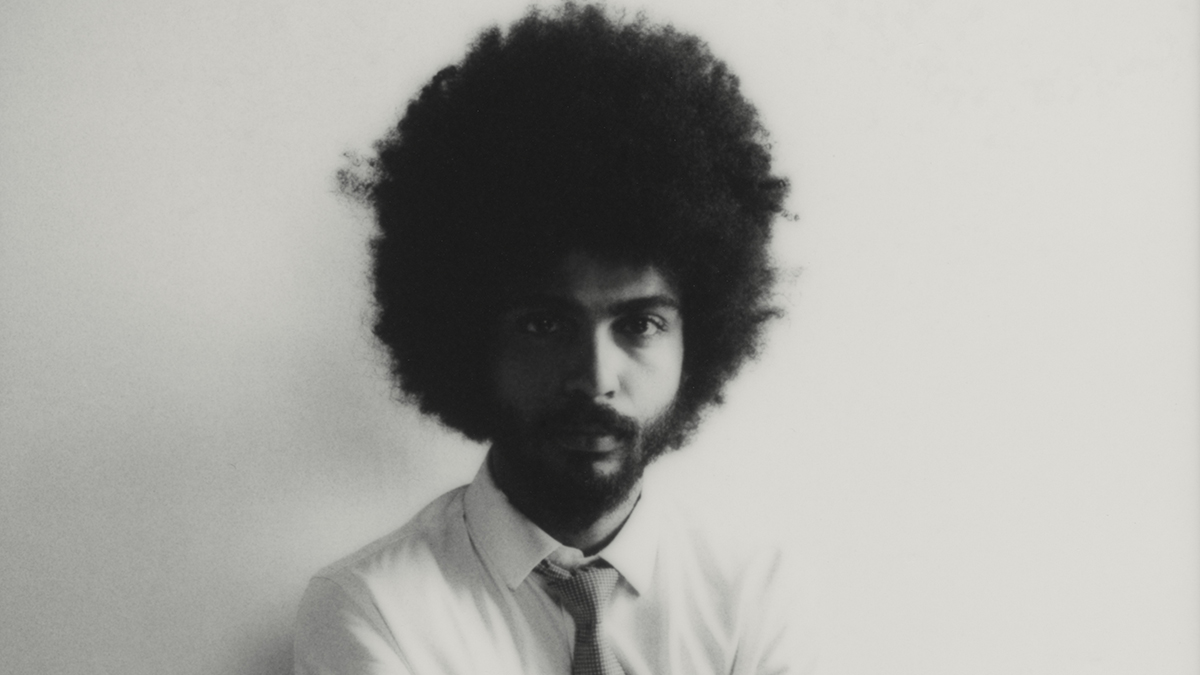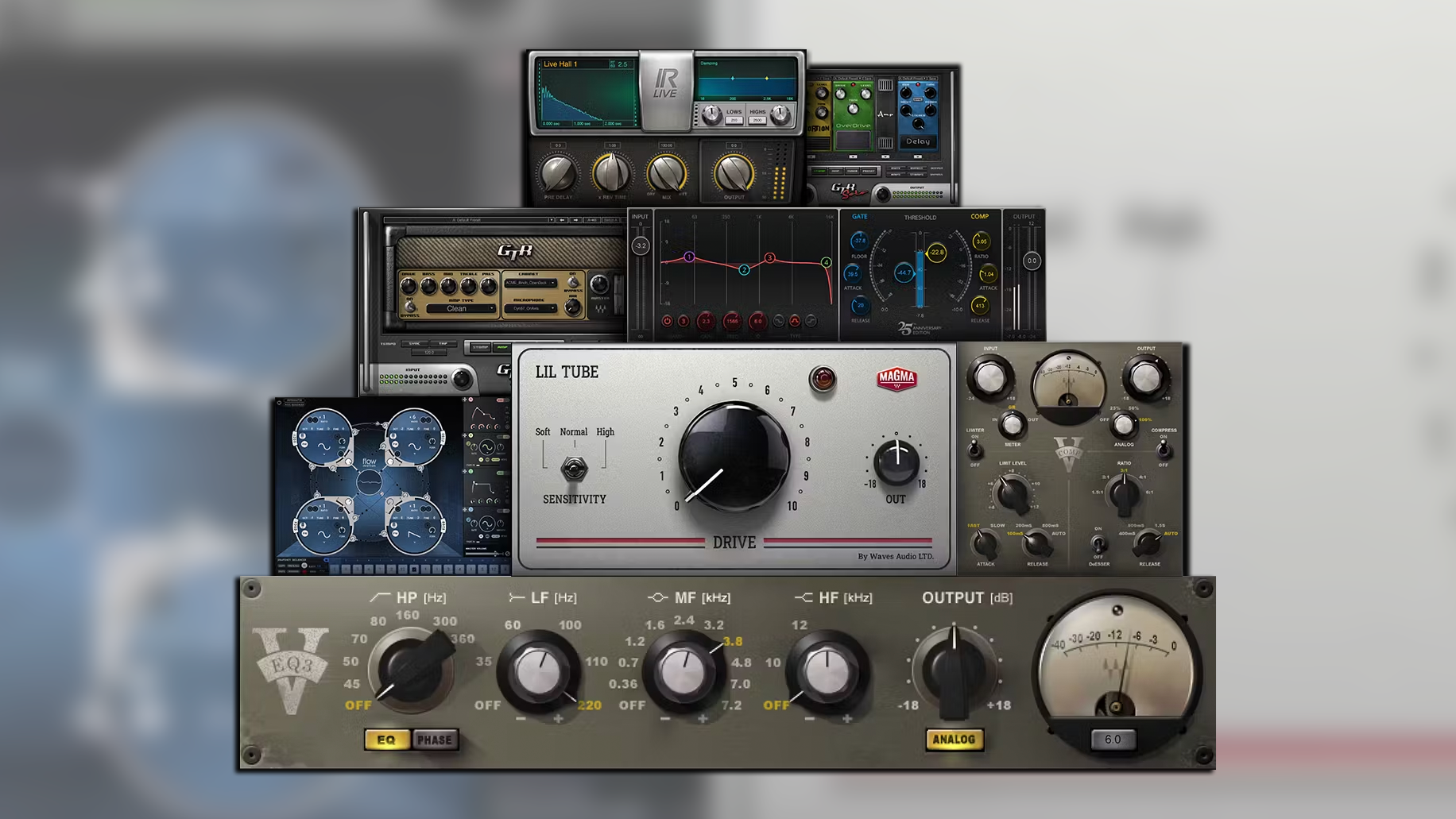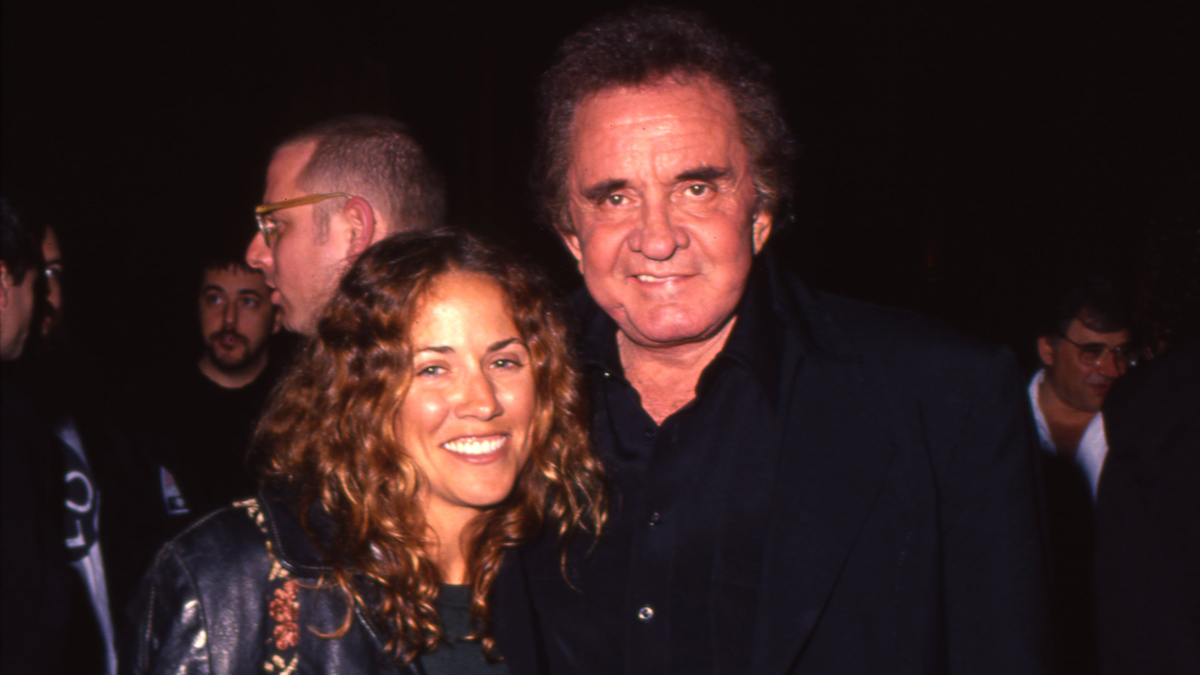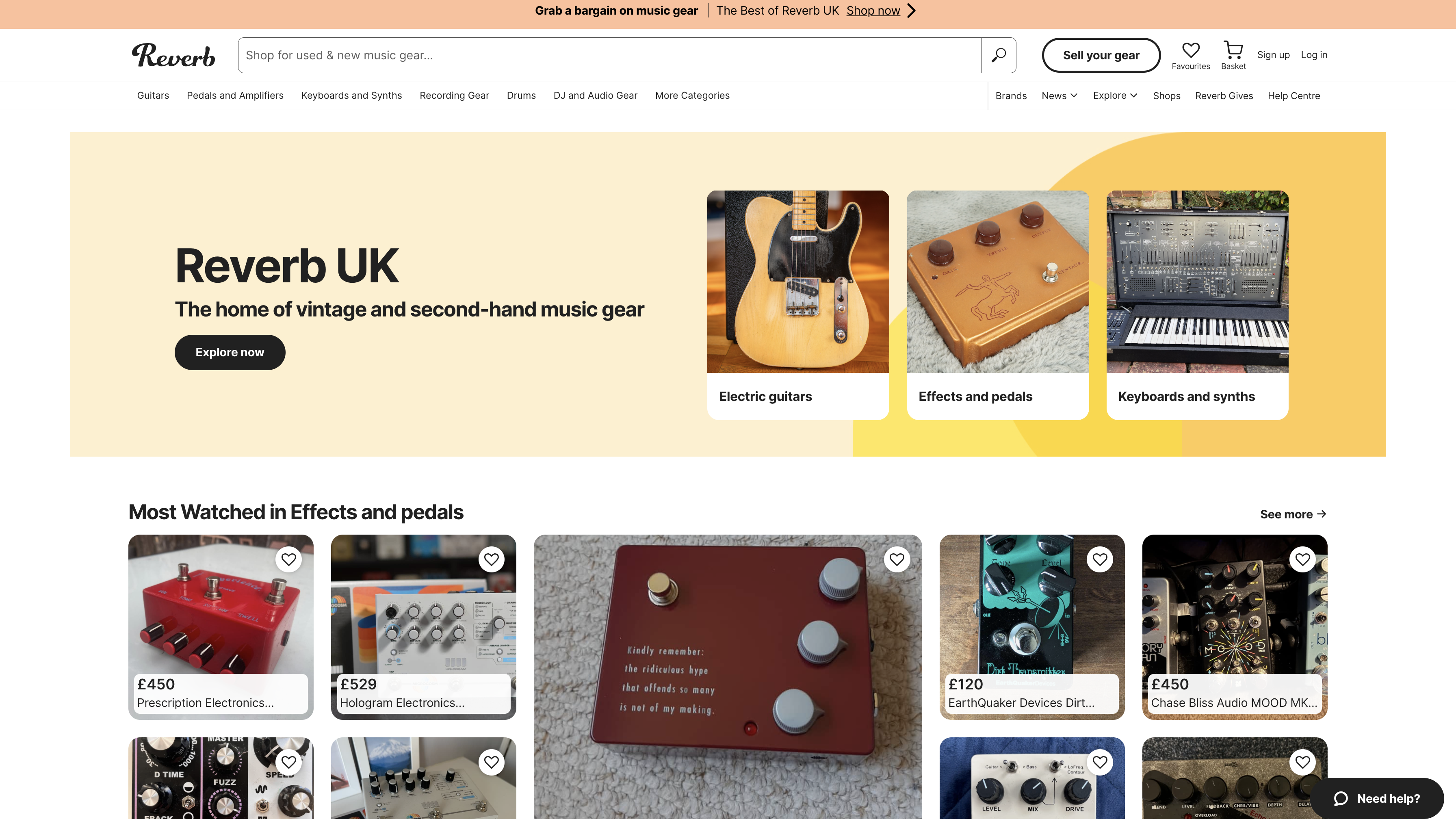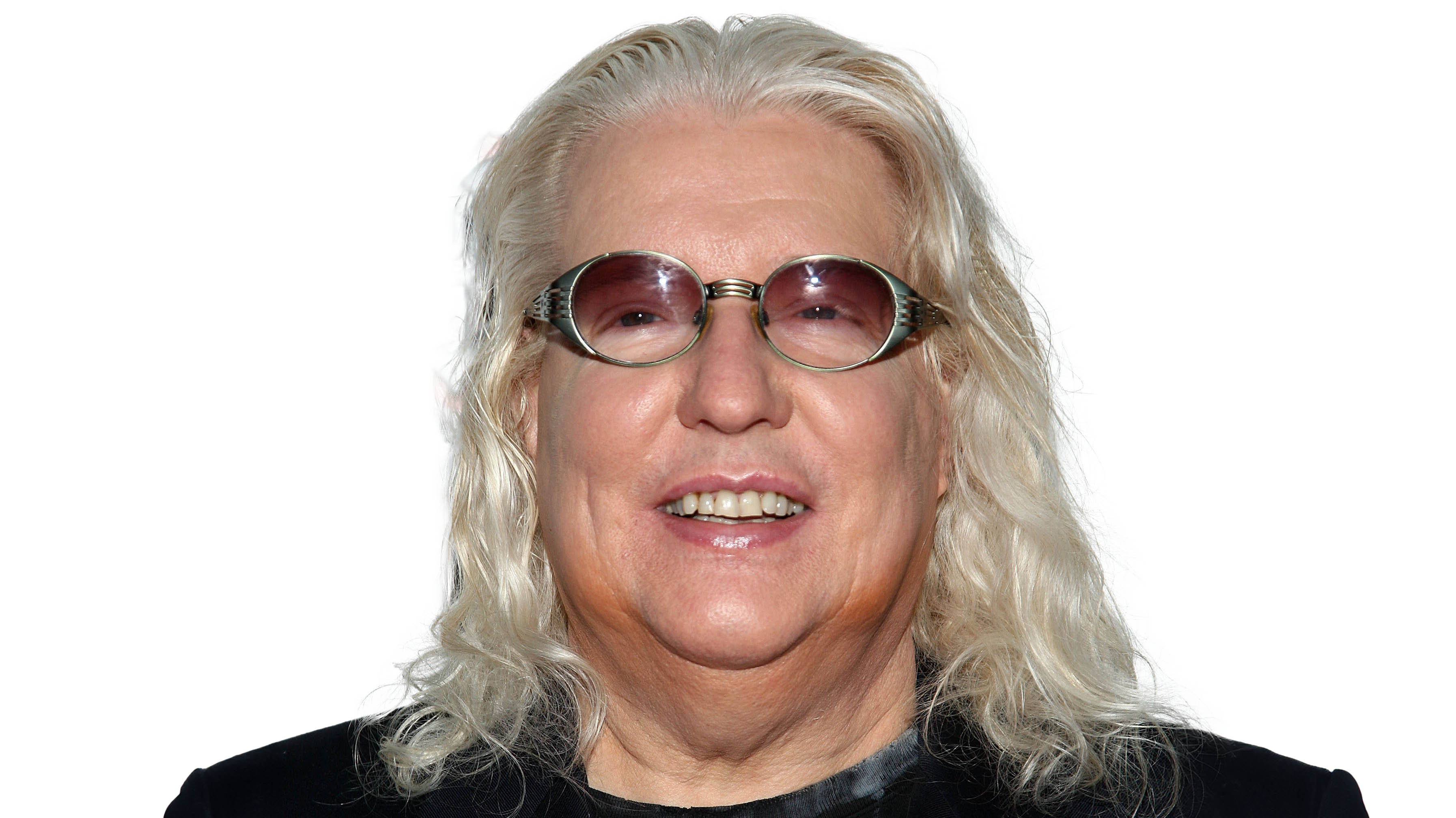“It smoothens out the transients, enhances harmonic richness and adds a hint of ‘growl’”: J Rockett Audio Designs launches the Airchild Six Sixty Compressor – a Fairchild in a stompbox?
The Fairchild 660 is one of studio gear's most loved compressors and with a vintage price to match. This might well be the next best thing for guitar players
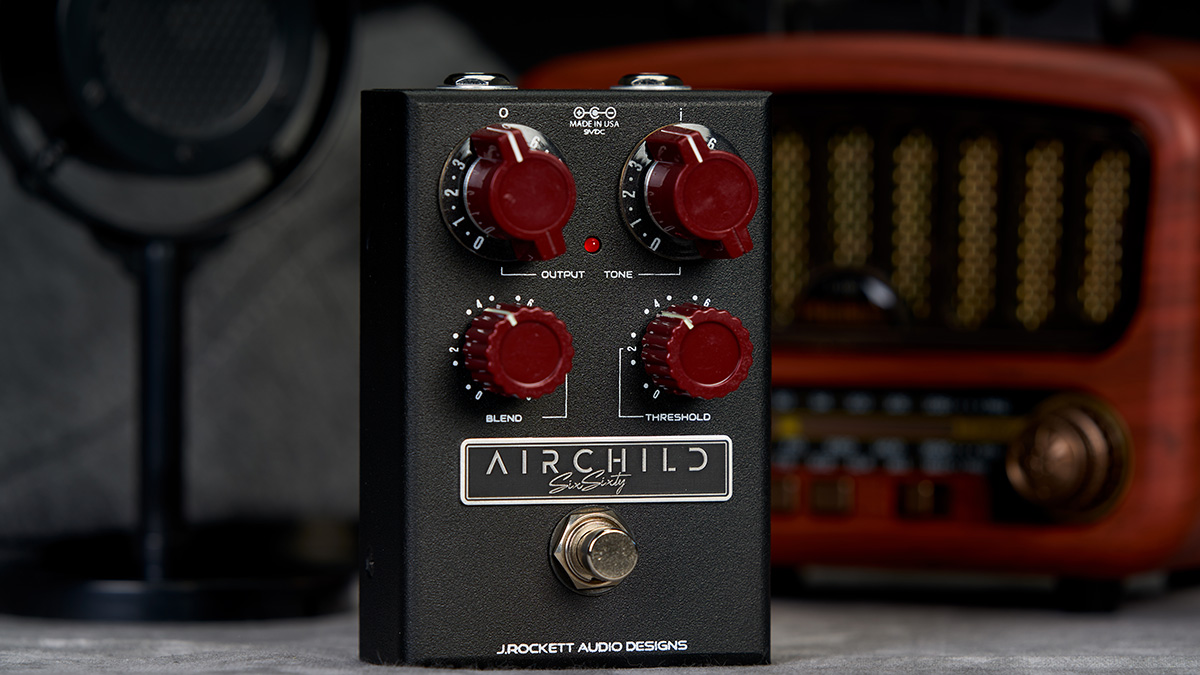
J Rockett Audio Designs has launched the Airchild Six Sixty Compressor and become the latest guitar effects pedal company to try and capture the sought-after tone-sweetening superpowers of a classic piece of vintage studio gear in a compact stompbox.
There is definitely something in the air. Earlier this month, Wampler Pedals launched the the Ego 76, a feature-packed compressor pedal that was Brian Wampler’s tribute to the 1176 Peak Limiter, and now this, the Airchild Six Sixty, which does something similar for the similarly legendary Fairchild 660 studio compressor.
And like the Wampler pedal, this is a compressor for those serious about their compression, for those who see it as as not simply a device for putting the big squeeze on playing dynamics – which, granted, is often just what we need – but as a signal chain secret weapon that can becomes the hot sauce that makes your electric guitar simply sound better.
In other words, what J Rockett is hoping for the Airchild Six Sixty is that it is going to be an always-on pedal.
Designed and built in California, the Airchild Six Sixty certainly looks the part, and has a relatively simple setup. You’ve got top-mounted jacks on a sturdy housing, with oversized dials for Output and Tone, and two smaller but not small dials for Threshold and Blend, and a footswitch to turn the thing on and off again. Give it 9V DC from a pedalboard power supply and you are good to go.
What it sounds like will ultimately depend on how you sound as a guitar player. You do the playing; it smooths things out, adding some honeyed EQ via a tone knob that acts as a tilt EQ.
Threshold dials in how much compression you want added to your signal while the Blend control adjusts your mix compressed and uncompressed signals, allowing you to apply compression that doesn’t step all over everything.
Get the MusicRadar Newsletter
Want all the hottest music and gear news, reviews, deals, features and more, direct to your inbox? Sign up here.
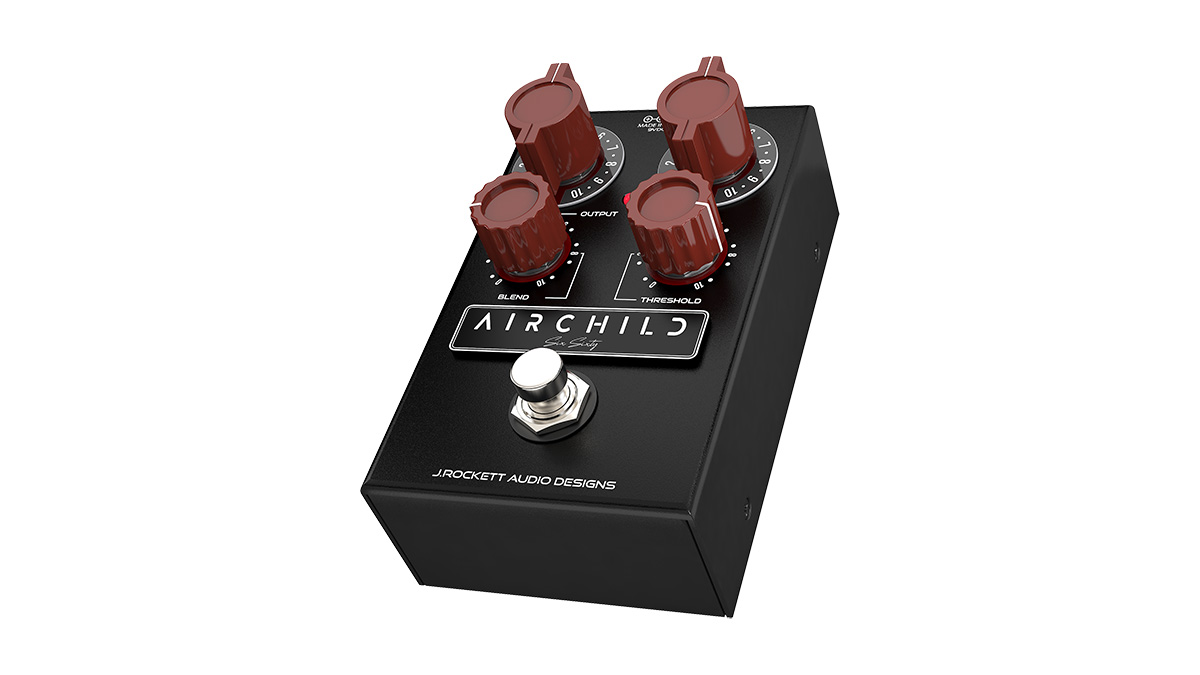
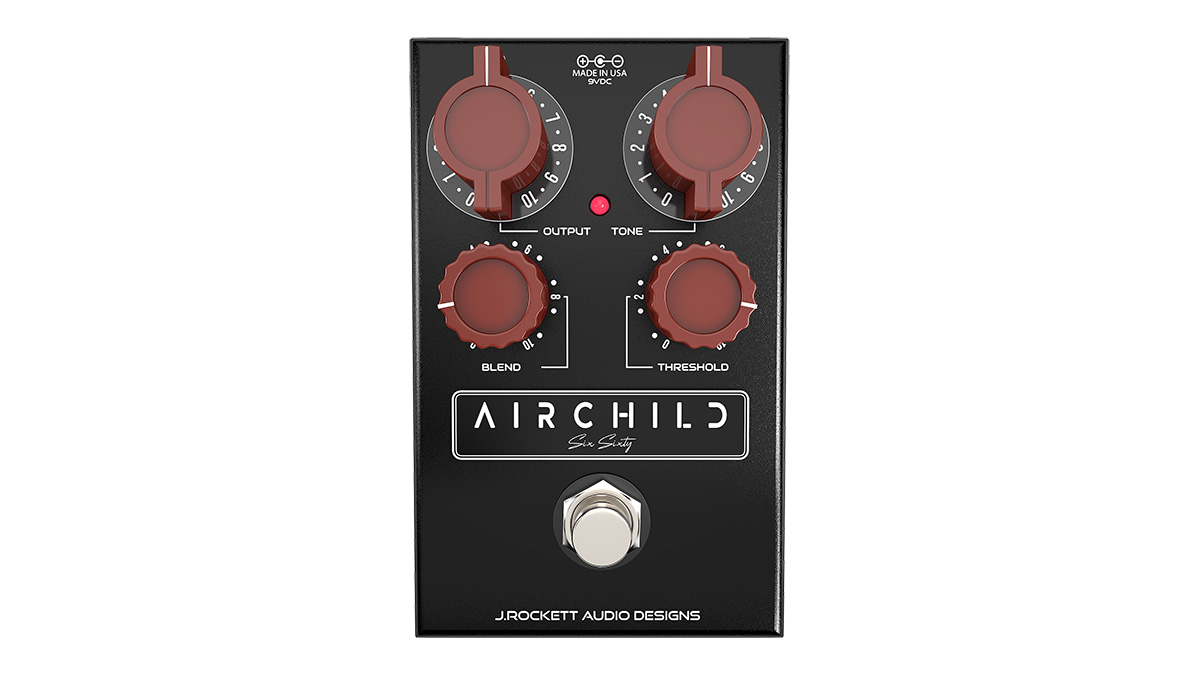
For the record, the R&D team at J Rockett used the guitar tones of Mark Knopfler and Lowell George as a reference, specifically the latter's slide playing.
While we might look at the Airchild as a compressor first and foremost, it was also designed as a way of enriching your tone with more harmonic content, just as the original tube-powered Fairchild 660 (and the stereo 670) compressors do.
“[We] wanted to make available a compressor that works like a studio compressor which enhances harmonic richness and evens out transients without crushing the entire spectrum,” says J Rockett. “The Airchild Six Sixty simply makes you want to play more, it increases sustain without crushing your output, it imparts richness to your overall tone and adds feel to your playing.”
The Airchild Six Sixty is available to pre-order now, priced £239 / $229. See J Rockett Audio Designs for more details.
Jonathan Horsley has been writing about guitars and guitar culture since 2005, playing them since 1990, and regularly contributes to MusicRadar, Total Guitar and Guitar World. He uses Jazz III nylon picks, 10s during the week, 9s at the weekend, and shamefully still struggles with rhythm figure one of Van Halen’s Panama.
“Built from the same sacred stash of NOS silicon transistors and germanium diodes, giving it the soul – and snarl – of the original”: An octave-fuzz cult classic returns as Jam Pedals resurrects the Octaurus
“For guitarists who crave an unrelenting, aggressive tone that stands out in any mix”: The Fortin Meshuggah head is the amp every metal player wants – now you can get its crushing tones in a pedal

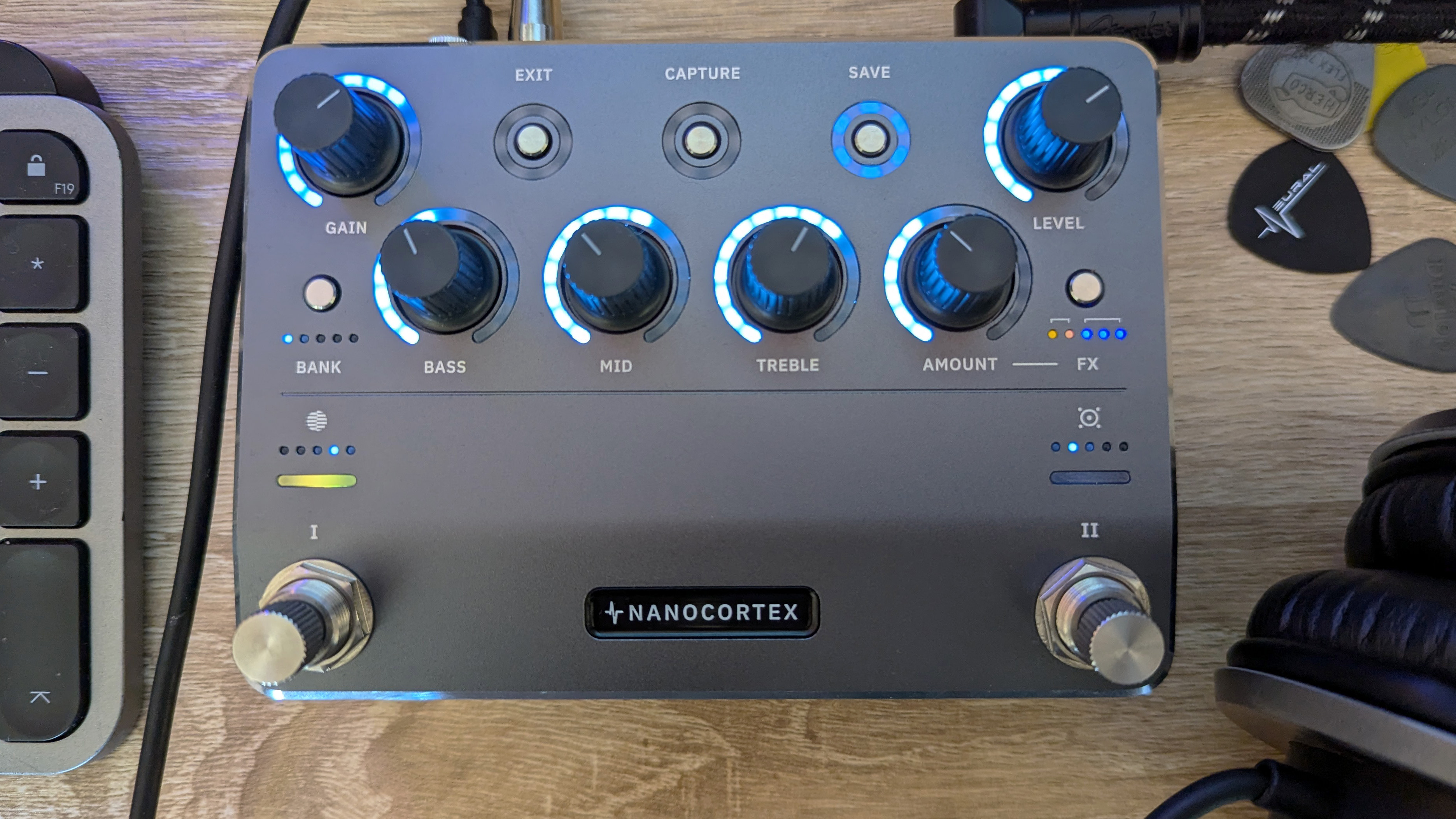
![Gretsch Limited Edition Paisley Penguin [left] and Honey Dipper Resonator: the Penguin dresses the famous singlecut in gold sparkle with a Paisley Pattern graphic, while the 99 per cent aluminium Honey Dipper makes a welcome return to the lineup.](https://cdn.mos.cms.futurecdn.net/BgZycMYFMAgTErT4DdsgbG.jpg)
